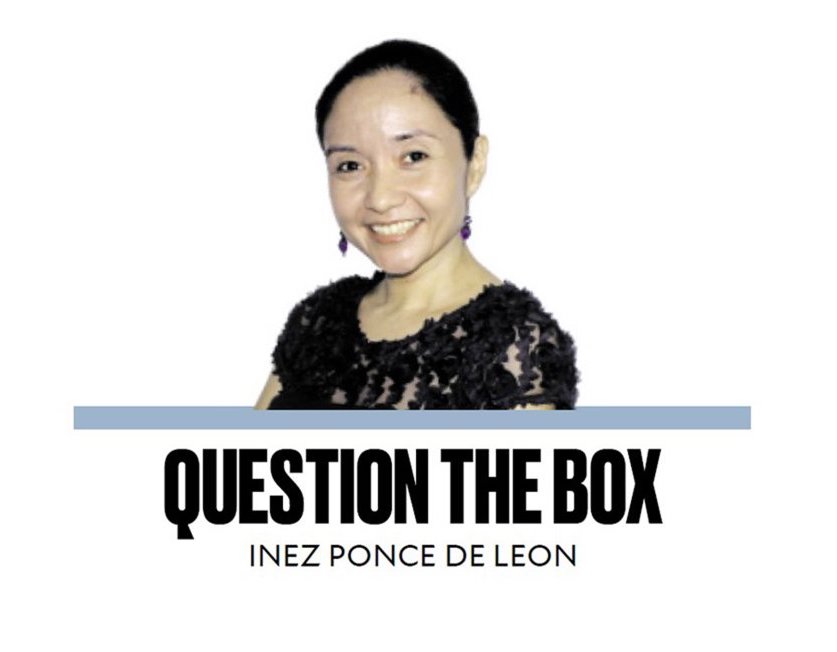When prayers seem unjust

I recently served as lector for a weekday Mass at Our Lady of Pentecost. As on any non-Sunday Mass, I read the Prayers of the Faithful from a book distributed to different parishes.
One of the prayers was rather unsettling. I cannot quote it directly, but it asked for people in government not to take bribes, not to be greedy, and to be content with their salaries.
I appreciated the prayer’s insistence on integrity, but it also seemed to box greed into simply not being content with what one receives in compensation; and, more disturbingly, its converse: that one must be content with whatever one is paid, otherwise one would automatically be greedy.
But what happens when the salary that one receives is neither commensurate with one’s skills nor justly addresses one’s needs? When our nurses, lower-ranked police officers, teachers, and workers are asking to be paid more, are they necessarily being greedy, or are their protests asking us to scrutinize systems of injustice that are being perpetuated by institutions where the hardworking many receive little while the overseeing few wallow in cash?
What if our plea for people to be content with their meager pay is also encouraging a system that devalues human labor?
Such a prayer was surprising, especially for a church that has a long history of speaking up for the poor, the marginalized, the desperate, and the deprived.
In the late 1800s, Pope Leo XIII’s encyclical “Rerum Novarum” rallied against the perils of an unchecked Industrial Revolution. The pope called for the protection of workers, who had become isolated and helpless in the face of greedy employers. Employers, the pope said, had to ease unforgiving work hours, assign humane tasks, and tend to both the bodies and souls of their employees.
Over a century later, Pope Francis’ “Laudato Si” tied a critique of society with a holistic approach to ecology. The Pope decried the culture of consumerism that makes it easy for people to “get caught up in a whirlwind of needless buying and spending,” further feeding the belief that people “are free as long as they have the supposed freedom to consume.”
The only ones who are free in this situation, however, are the few who wield power. It is the acceptance of such power that feeds into a culture that treats consumption and accumulation as a norm, even as such a culture exacerbates people’s selfishness and empty hearts.
Governments can only do so much when the culture is corrupt, the Pope warned. Politics must operate in the long term to first address and challenge the culture; if not, then the evils of society (human trafficking, organized crime, the drug trade, violence) will continue.
A careful reading of both encyclicals shows that the critique is not simply of individual mindsets and sins. The Church speaks, through the Holy Father, of sins that are spread by institutions that have long been allowed to fester with people who abuse both power and privilege, of institutions that have created a culture of self-centeredness.
Without addressing the corruption of social institutions and the role of culture, we reduce the issue of greed to a mindset, which puts us in danger of forgetting that we, too, must fix, question, and hold accountable the institutions that feed into a culture that prizes visible riches over that which is hidden, timeless, priceless, and righteous.
In reducing greed to a mere mindset, we also absolve ourselves of the citizen’s obligation to demand that the government exercise oversight of important institutions, such as those that govern health, agriculture, and education. We ignore the possibility that badly created bureaucracies and the classification of difficult tasks as “menial” all contribute to rewarding the greedy while depriving the desperate.
In praying for people to be content with what they are given, we might also be in danger of praying that they remain silent in the face of injustice. When so narrow in scope, the prayer can put us in danger of telling hungry and desperate nurses, workers, teachers, police officers, and families to change their mindset and accept being abused and exploited for their labor—to simply accept others’ sins as their norm.
In praying for people to simply be content, we are also contradicting the once potent voice of the Church, where its leaders spoke on behalf of the oppressed, led the voices in the streets that defended people’s rights, and demanded change in broken social institutions even as the church was judged, laughed at, ignored, or neglected.
Why has the Church become so silent these last few years? Why have so few priests spoken up, with so little support from their leaders?
Perhaps the prayer could simply have been: Let us pray for our government employees, that they act righteously, and for our government, that it acts justly.
And perhaps, too, for our Church: that it will have the courage to speak up, in a loud, united voice, from its leaders to its shepherds, when it sees injustice that must be set right.


















